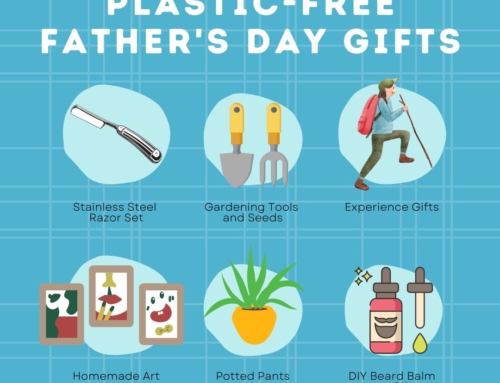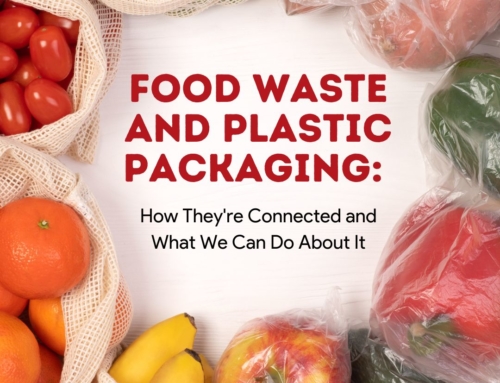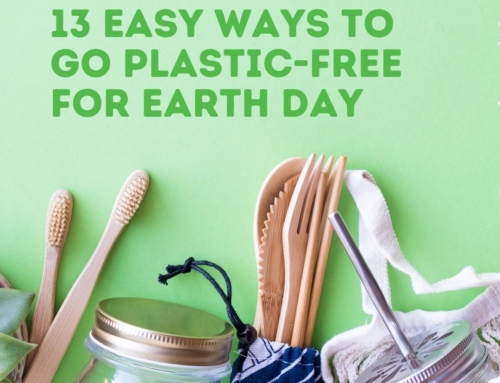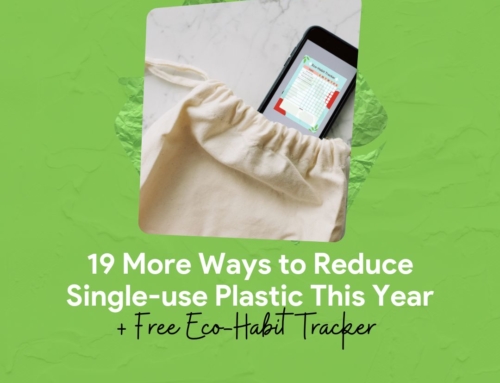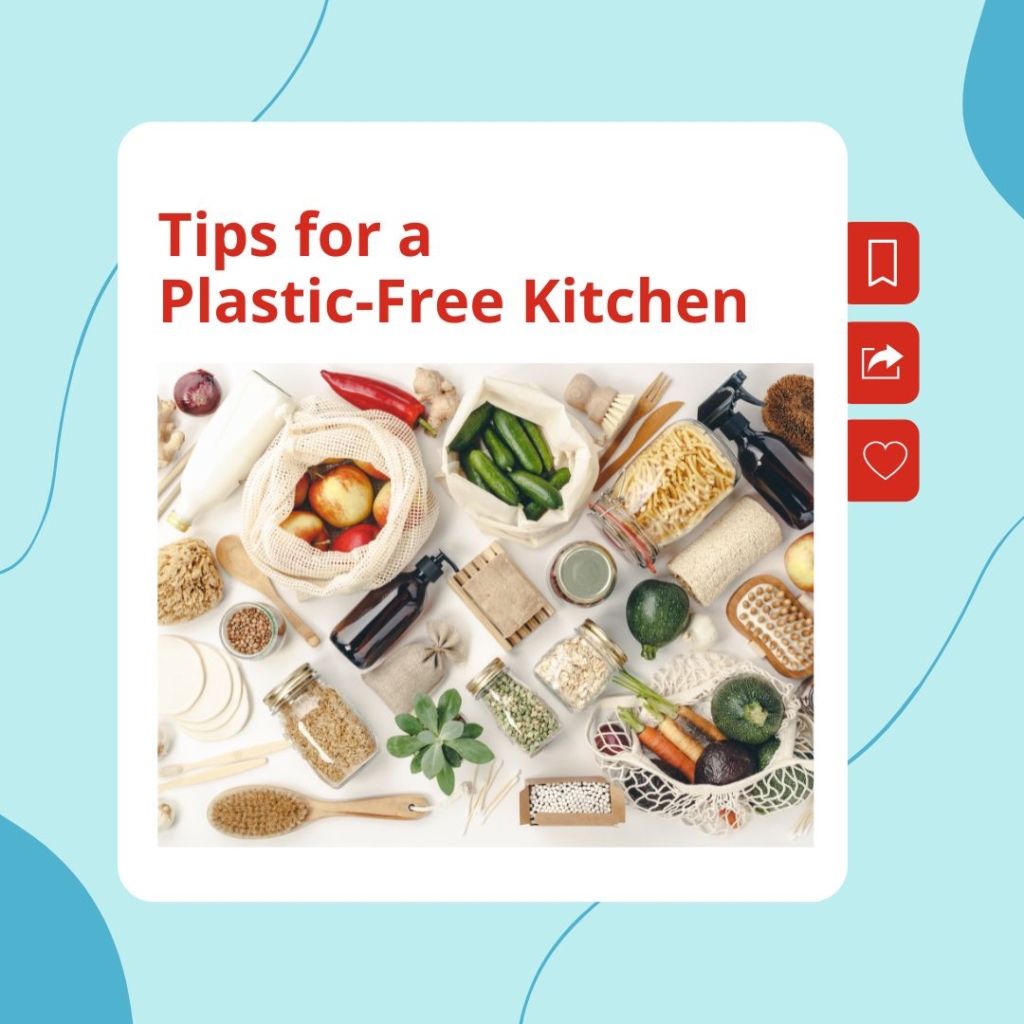
Zero-waste, Plastic-free Kitchen: Tips and Tricks for Sustainable Living
At the heart of our homes lies the kitchen, a sanctuary where bonds are forged and memories are made. Yet, amidst the hustle and bustle of daily life, it’s easy to overlook the connection between our kitchens and the planet. As we embark on a journey towards a more sustainable lifestyle, it’s crucial to pause and reflect on the impact of our daily habits on the environment. By embracing the principles of zero waste and plastic-free, we not only reduce our ecological footprint but also foster a deeper sense of mindfulness in our everyday lives. Join us as we delve into practical tips and tricks for crafting a zero-waste and plastic-free kitchen that honors our commitment to a healthier planet.
- Mindful Ingredient Selection – Central to a zero-waste and plastic-free kitchen is the conscious selection of ingredients. When possible, choose locally sourced, seasonal produce to minimize transportation emissions and support your community farmers. Opt for items with minimal or recyclable packaging, such as eggs in recycled paper cartons, to reduce plastic waste. By prioritizing fresh, whole foods, you not only promote sustainability but also nourish your body with wholesome nutrients.
- Embrace Reusable Alternatives – Bid farewell to single-use plastics by embracing reusable alternatives in your kitchen. Invest in durable glass jars for storing bulk pantry items and bring your own containers to bulk stores for packaging-free shopping. Swap disposable plastic bags for reusable cloth ones and opt for stainless steel or silicone food storage containers instead of plastic Tupperware. By making these simple switches, you can significantly reduce your reliance on plastic while streamlining your kitchen organization. A win-win!
- Reduce Food Waste – Combatting food waste is a cornerstone of the zero-waste and plastic-free lifestyle. Get creative with meal planning to use up ingredients before they spoil and repurpose leftovers into new dishes. Composting organic scraps not only diverts waste from landfills but also enriches your soil with valuable nutrients. By embracing the full lifecycle of our food, we can minimize waste and maximize sustainability in our kitchens.
- Opt for Sustainable Cleaning Practices – Extend your commitment to sustainability beyond the plate by choosing eco-friendly cleaning products for your kitchen. Swap chemical-laden cleaners for homemade solutions using ingredients like vinegar, baking soda, and lemon juice. Mix these solutions in reusable glass spray bottles instead of single-use plastic containers, and opt for durable, long-lasting cleaning tools such as bamboo scrub brushes and cotton dishcloths over disposable plastic alternatives. By prioritizing natural alternatives and reducing plastic waste, you can maintain a clean and healthy kitchen environment without compromising on sustainability.
- Cultivate a Conscious Mindset – Building a zero-waste and plastic-free kitchen is not just about the physical changes we make but also the mindset shift towards mindful consumption. Take the time to reflect on your purchasing habits and consider the environmental impact of each item you bring into your home. Strive for progress, not perfection, and celebrate the small victories along the way. By fostering a culture of mindfulness and intentionality in our kitchens, we can create lasting change for the planet and future generations to come.
In conclusion, the journey towards a zero-waste and plastic-free kitchen is both empowering and rewarding. By embracing sustainable practices such as mindful ingredient selection, using reusable alternatives, reducing food waste, adopting eco-friendly cleaning practices, and cultivating a more conscious mindset, we can make a meaningful difference in the health of our planet. Let’s embark on this journey together, one mindful choice at a time, and pave the way for a brighter future full of delicious meals and a healthier environment.
Don’t forget to share your plastic-free and zero-waste journey on social media! Tag us in your experience using #ditchplasticpackaging https://www.instagram.com/ditchplasticpackaging/!


